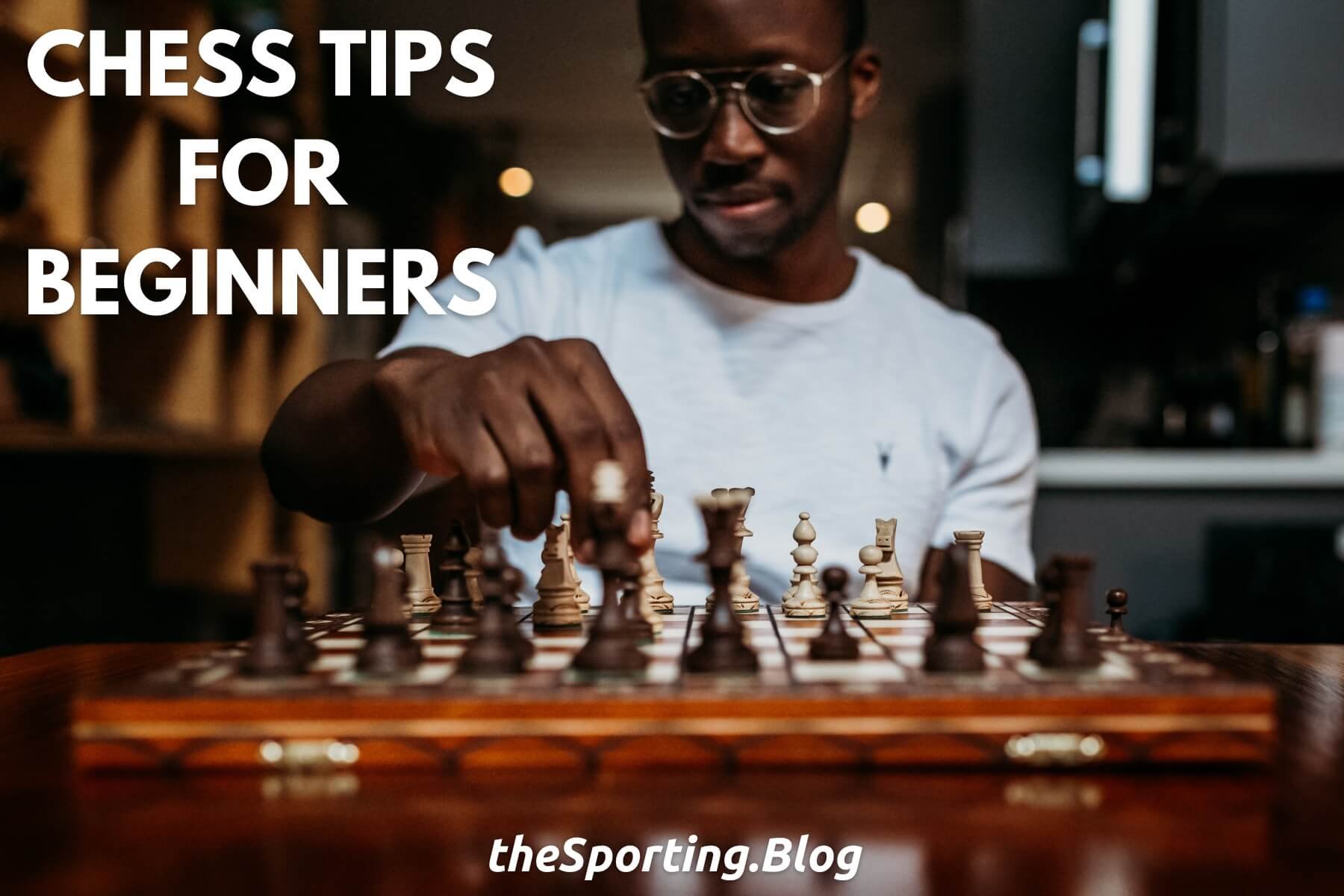10 Chess Tips for Beginners
10 Tips for Chess Beginners
Learning chess for the first time can be a fun and rewarding experience, but it’s often frustrating for new players.
Whether it’s falling into a trap for the 10th time or blundering another queen, the world of chess is filled with heartbreak.
However, those who persist are rewarded with a world of knowledge that can be used on and off the board.
If you’re beginning your journey of learning chess, then look no further. These are our ten tips for beginners in chess.
1. Don’t Learn Openings, Learn Why Openings are Good
While it’s okay to have some openings to fall back on, it’s better for beginners to know the reasoning behind opening moves.
Learning why a pawn captures or a knight develops to a certain square is more valuable than having one or two openings fully memorized.
By playing with opening principles in mind, you’ll discover more openings from experience and can learn about them in detail if you want.
2. Don’t Just Move – Think
Playing on intuition is very tempting for beginners, but it’s essential to calculate moves as well.
Calculating long variations will train your intuition for the future and allow you to think less about easier moves.
Try to find a tactics trainer that doesn’t time your moves so you can focus on training to think as long as possible until you find the right move.
3. Don’t Just Play Bullet/Blitz
In line with the last tip, it’s important to vary your time controls.
Beginners often fall into the trap of only playing fast time controls.
It feels good to go into games that quickly and not have to suffer through losing games for 10-15 minutes.
However, it’s important to throw in some rapid or classical games because playing too much blitz/bullet will impact your ability to calculate longer variations.
In addition, it can affect how you view openings and endgames and might have you struggling if you ever try classical in the future.
4. Practice Your Tactics
Tactics are the most important aspect of chess.
Everything in chess, from openings to endgames to evaluating middle game positions is built on understanding tactics.
It’s good to set up a schedule or set aside sometime each day to practice tactics on a chess website like lichess or chess.com.
5. Take Advantage of Free Online Resources
There are many chess websites out there that allow for tactics, lessons, opening prep, and more for free.
Find a website you enjoy learning at and try to do a lesson each day.
Having someone who can walk you through moves is an important part of understanding. There are also a lot of great youtubers and twitch streamers who play games and educate for free.
If you don’t mind spending a little money, premium accounts and private lessons can be worth the investment.
6. Don’t Move the Queen Out Early
The Queen being the most powerful piece in the game is sometimes a trap for new players.
It’s tempting to want to get it involved early and look for attacking chances, but that’s often not the best.
The Queen isn’t meant to be the first line of attack, it’s better used as a supporter of all the other pieces.
Try to find a good spot for the queen that will be safe and support your minor pieces until the middle game when she can really shine.
7. Don’t Move the F Pawn Early
Some grandmasters say you should never play f3, and that’s usually a good rule of thumb for beginners.
Moving the F pawn early opens a dangerous diagonal to the King that often leads to good tactics for the opponent.
Later on in the game, the weakness on f2/f7 will make castling kingside difficult and allow for dangerous checks on the diagonal. Be careful about moving your F pawn unless you know your opponent’s Queen and Bishop won’t be able to punish you for it.
8. Don’t be Afraid to Leave Some Tension
When two pawns are able to capture each other, this leaves tension in a position.
Beginners are often scared of tension like this because it leads to more variations, but leaving your pawn with the ability to capture another pawn is an important factor in several positions.
Don’t be afraid to let the tension in the position sit while developing other pieces and preparing to attack. The Queen's Gambit, an opening most beginners know, involves both white and black leaving tension to get to an ideal position.
9. Don’t Be Afraid to Break the Rules
Chess is a game of creativity. It’s easy to come up with a set of rules for beginners to follow, but at the end of the day, a lot of rules are meant to be broken.
Sometimes pushing the F pawn is the right course of action and sometimes it’s good to bring the Queen out early.
This is why it’s good to learn calculation and tactics. With calculation, you can play on the edge, breaking all the rules and still play a perfect game (just look at some games from Leela Chess Zero).
10. Don’t Give Up Learning
Learning chess is a good time, but it can sometimes be frustrating.
It’s important to find ways to have fun playing chess and be able to vary between having fun and learning.
The more you learn, the more you have fun. The more you have fun, the more you learn.
As always, it’s important to remember that chess is a game, and it should always be fun.
If you find yourself getting frustrated, take a break and come back later. No matter what, don’t give up on learning chess. The skills you learn playing chess can help you in the other aspects of your life.

